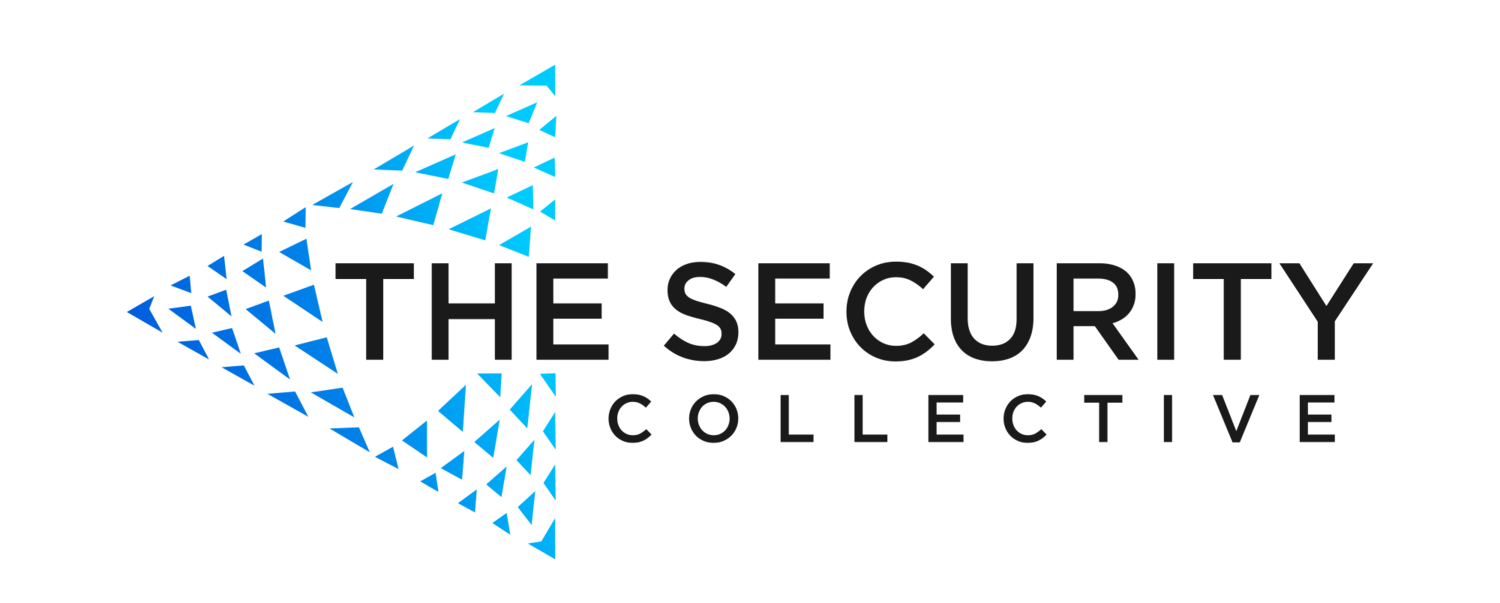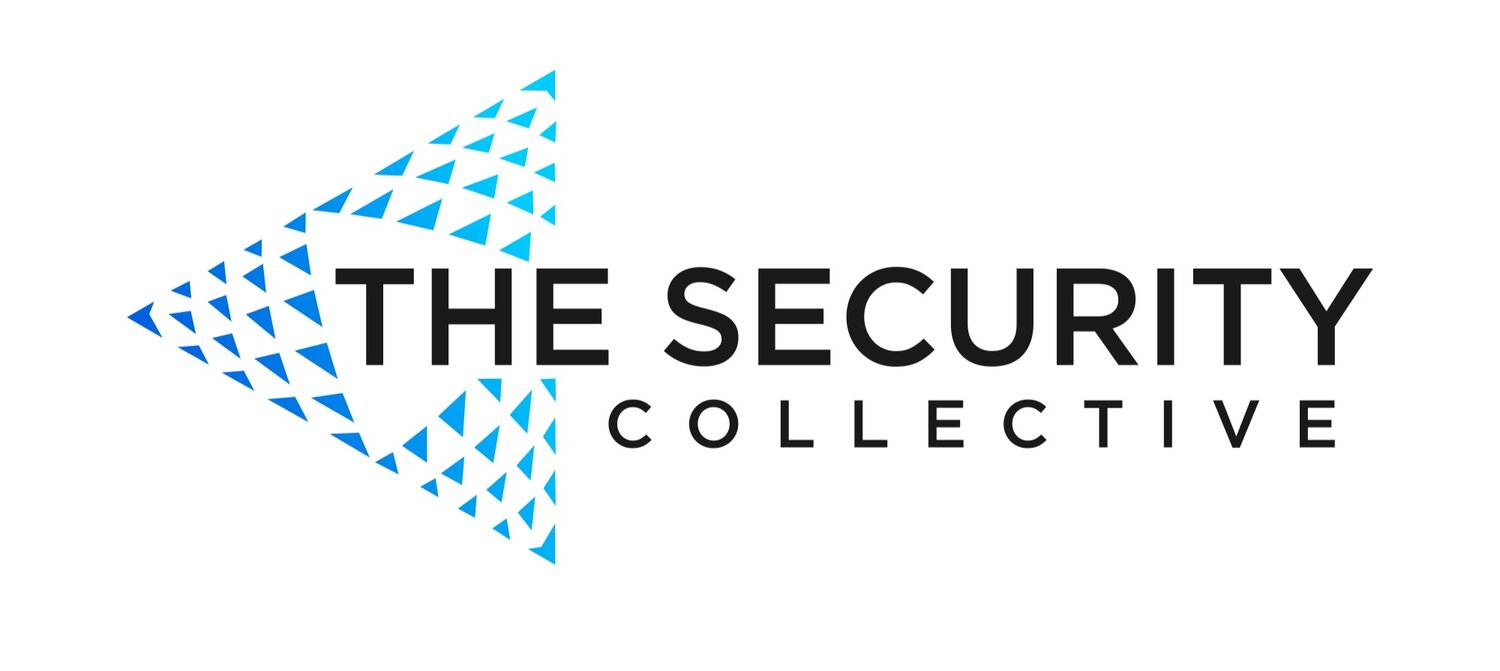Lost on the path to securing the right role?
Have you ever found yourself in a new job and 6 or 8 weeks in (or maybe more), you find that the role you signed up for isn’t what you expected it to be? And I’m not talking about just an ‘oh this place is crazy’ moment. I’m talking about a deep sense of wrong. How does this happen? Was it that the job description didn’t accurately reflect what the cold light of day would bring? Maybe the role or the company was blinding - presenting an unmissable opportunity to contribute to the greater good (aka. an organisation needing exactly your experience in order to be more secure). Or alternatively, maybe the business wasn’t as committed to securing all the things as they suggested they would be.
As a candidate, how do you prevent being caught short?
For starters, secretly job hunting after just a few weeks in a new role is like swiping through your tinder profile on your honeymoon - you have made a big commitment, one to be honoured, but you are already pre-empting short-lived happiness. It’s so important to take the time early, during interviews, to assess the organisation’s passion for what you do, whether the role will stretch and challenge you and most importantly – assess your fit with the organisation. You are not the only one trying to impress the other party during that short (but meaningful) interview interaction.
Make sure your values align, that you’re clear on the accountability you are taking on and that you’re comfortable with the size and scope of the role remit (which may or may not be completely bedded-down). And really consider the BBQ test. Would you be happy to talk about where you work and what you do over Saturday afternoon snags? If you wouldn’t be willing to admit to working for a company with an ill-fitting agenda or an organisation that’s experienced a major data breach, maybe that organisation you were consider (or that you work for) is not for you – no matter how passionate you are about their security program. Be honest, up front and clear on what you want and validate that you are the right person for the role for the right reasons.
If you do find yourself in the ‘wrong’ role, consider some of the following ways of setting yourself on a path to change:
1. Accept the situation and take charge. Being negative won’t do anything for your demeanour and people notice pretty quickly when your heart isn’t in it.
2. Focus on what’s great about the role. Even a small silver lining - like seeing your great team each day or the training you do with staff around security – can make the world of difference. Find it and make it your lock-screen background on your phone as a constant reminder of the good times!
3. Throw yourself into your job. There’s no better way to make super sure if you want to be there or not, than to be kicking goals and be noticed for your work ethic. Decide and plan for what you want to achieve in this role and get it done.
4. Volunteer. Get out in the industry and raise a positive profile (see more details about that here). Look forward to these events with your 'tribe'.
5. Job search. If you do the above and you’re still not dancing out of bed each day then the time has come to job search. But plan first. Really think about the right next role with intention. And spend some time on your CV to make it shine – hiring managers notice this and it will help remind you of the skills you enjoy leveraging.
I’m not suggesting that any of the above is fool proof. Nor am I suggesting that it’s not commendable to drudge through the first few overwhelming weeks if the planets aren’t aligning - sometimes these things take time. But I am saying have the hard conversations early…and sometimes these conversations are with yourself. The security job market is currently flooded with roles which might make you spoilt for choice. But if you’re in a role that’s not feeling like the right fit, make sure you reflect before you resign. Make sure the grass is going to be greener…

